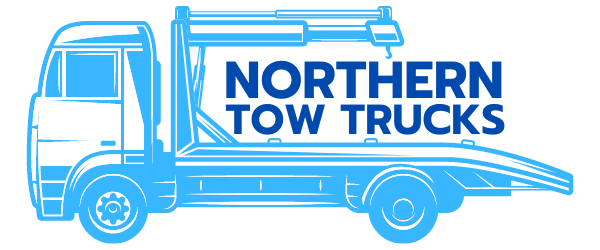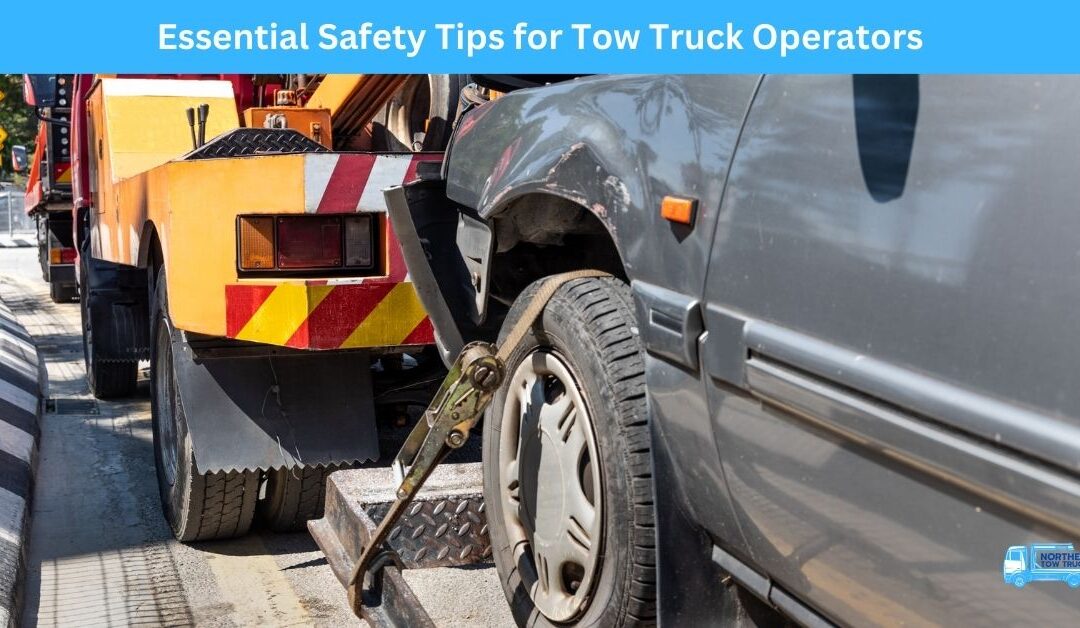Tow truck operators play a crucial role in ensuring roadside safety and assisting drivers in need. Given the high-risk nature of the job, maintaining safety is paramount. Here are some essential safety tips for tow truck operators to keep in mind:
1. Pre-Trip Inspections
Before heading out, perform a thorough inspection of your tow truck. Check fluid levels, brakes, lights, tires, and the integrity of the towing equipment. Ensuring that your truck is in optimal condition helps prevent breakdowns and accidents on the road.
2. Proper Training and Certification
Ensure you are adequately trained and certified to operate tow trucks. Familiarize yourself with the various types of tow trucks and their specific operations. Training should include both the technical aspects of towing and safety procedures.
3. Use Personal Protective Equipment (PPE)
Wear appropriate PPE such as reflective vests, gloves, and sturdy footwear. Reflective gear is especially important to make sure you’re visible to other drivers, particularly in low-light conditions or during adverse weather.
4. Secure the Vehicle Properly
Before towing, ensure the vehicle is securely fastened using the appropriate equipment. This includes using chains, straps, and wheel lifts correctly. Double-check the security of the vehicle to prevent shifting or detaching during transit.
5. Follow Traffic Safety Protocols
Always use hazard lights and set up warning triangles or flares when working on the roadside. Ensure your tow truck is positioned safely to avoid obstructing traffic and to protect yourself and other road users.
6. Maintain Safe Driving Practices
When driving with a towed vehicle, reduce your speed and increase your following distance. Towed vehicles can affect your truck’s handling and braking. Be cautious when making turns, merging, or changing lanes.
7. Communicate Clearly
Effective communication is vital for safety. Use hand signals, radios, or other communication tools to coordinate with other team members, especially when positioning the truck or maneuvering the towed vehicle.
8. Handle Hazards Carefully
Be aware of potential hazards such as traffic, road conditions, and weather. If you encounter hazardous conditions, exercise extra caution. Avoid working in extreme weather conditions whenever possible, and take necessary precautions if you must.
9. Stay Updated with Regulations
Keep up-to-date with local and federal regulations regarding towing operations. Compliance with these regulations ensures that you operate legally and safely. This includes understanding load limits and equipment standards.
10. Regular Training and Refresher Courses
Safety protocols and technology evolve, so regular training and refresher courses are essential. Stay informed about the latest safety practices and advancements in towing technology.
11. Report and Document Incidents
In case of an accident or near-miss, report and document the incident thoroughly. This helps in assessing what went wrong and preventing future occurrences. It also ensures that you comply with insurance and legal requirements.
12. Promote a Safety Culture
Foster a culture of safety within your team. Encourage open discussions about safety practices and experiences, and continuously look for ways to improve safety measures.
Conclusion
Safety is a critical aspect of towing operations, and following these tips can help protect both tow truck operators and the general public. By prioritizing safety, operators can perform their duties effectively while minimizing risks and ensuring a safer roadside environment.
If you are in Northern Tow Trucks, 620 Canning St, Carlton North VIC 3054,and looking for an emergency tow truck service or roadside assistance Melbourne service, this is the best way to visit us.
Northern Tow Trucks
620 Canning St
Carlton North VIC 3054

